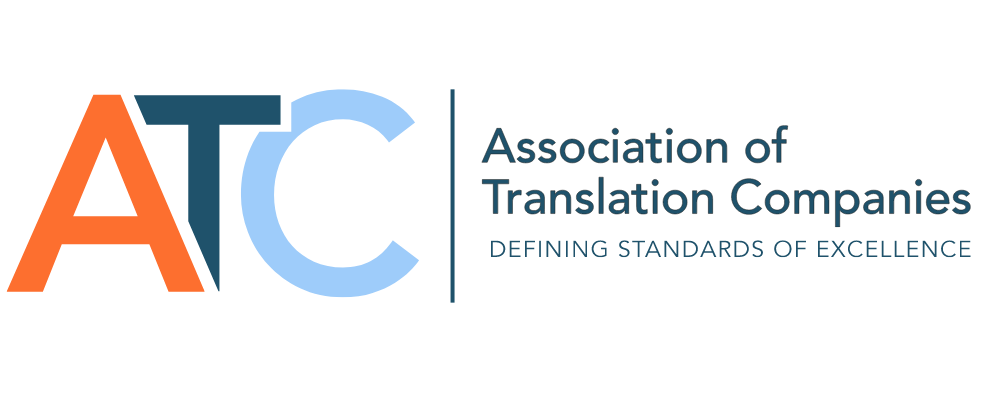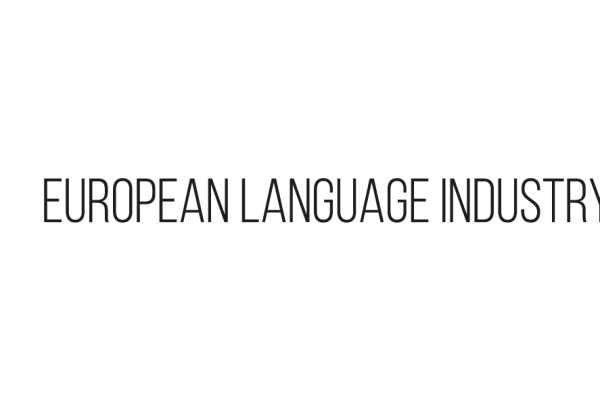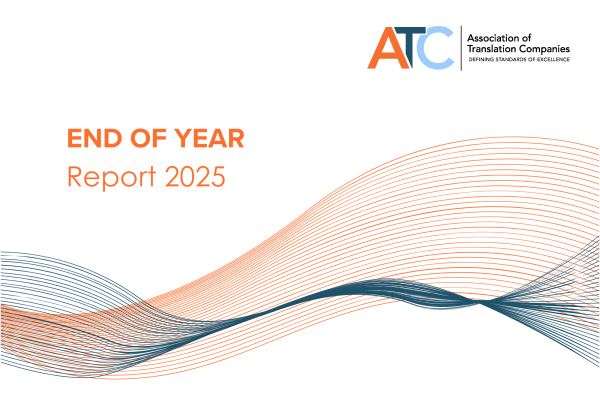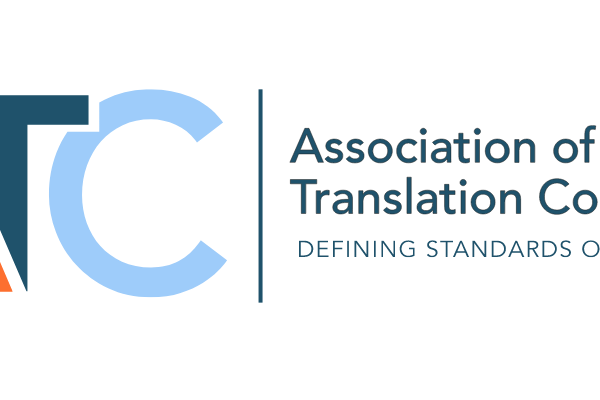Your views on language services industry trends ELIS is the European Language Industry Survey, and…

The ATC’s Member of the Month in September 2025 is Accentus Language Services, a UK-based Latin American specialist with deep expertise in the US translation market.
We caught up with Accentus’ Managing Director Gabriela Lemoine to talk about the difference between the language services landscape in the US and the UK, the shifting focus of translation as a driver for language access and inclusivity, and pushing through yet another global crisis.
The difference between the US and the UK
Accentus Language Services was founded in 2020 in the UK, and its owner-manager, Argentinian Gabriela Lemoine draws on her long experience as the director and MD of Hispano Language Advisory (HLA), providing Latin American translation primarily to US clients.
“When I relocated to the UK and set up Accentus I was struck by the difference between the US and the UK language services market. Translation in the US is quite often for domestic purposes, and doesn’t just extend to the public sector, but all areas of life from marketing and training by commercial organisations to educational information by school districts,” says Gabriela.
“In the UK, the commercial focus is much more on exporting and international trade, but I think there is a lot of potential in the UK to explore the power of language internally in commercial organisations, and towards consumers. In the US, the current conversation is about language access, which of course is a huge topic right now, in jeopardy because of recent political choices.”
Access, inclusion and validation
Looking at language access through the perspective of inclusion and diversity, Gabriela sees a discrepancy between the perceived drive for inclusion and diversity in UK companies and the very limited action to extend that to language.
“True inclusivity is not about banners and flags, it’s about finding genuine ways to include diverse groups of people, and language access is one of the most powerful ways of doing that,” she explains.
In a landscape where the purpose of and solutions for providing language services are both shifting, Gabriela advocates for safe ways of exploring and using emerging, AI-enabled technologies with linguistic validation at the heart. She is also shifting her own company’s business model to respond to a more technology-led need:
“My #1 driver is to help make decision-makers aware that even if they have their own, very-expensive-not-connected-to-the-Internet-AI-bot to translate content, that content still has to be validated for accuracy and for cultural context. I see this in my work time and time again, most recently in a large project for a US state’s Supreme Court where the consequences of non-validation would have been extreme.”
For Gabriela, the key is in raising awareness of the fact that even if the machine can do it, that doesn’t mean that it’s safe to use, which goes back to validation as an emerging, necessary service, coupling the use of technology with human judgement. The fact that automated translation in dozens of languages is offered as a feature does not mean it can be used as a shortcut; it is still simply a tool that requires human supervision to manage risks and avoid liability.
Pushing through yet another crisis
In the two decades of running HLA and Accentus Language Services in three continents, Gabriela’s businesses have weathered their fair share of national and global crises.
“We are very lucky to have many loyal clients who have kept us in business through some really tough times, but of course we, like everyone else, have had to adapt. Setting up a new business in the UK in 2020 was of course the worst time to do it, but having pushed through previous crises, I knew it could be done. Some of the bad weather we have faced has been very localised; the subprime crisis affected banks and their translation providers in the US, and the current language access issue is an example of another localised crisis – but some cut across the entire global language services market.”
For Gabriela, getting involved in language industry associations has been a key way to actively engage and shape the way in which industry trade associations support their members through the good times and the bad. She was the first President of the Argentina Association of Language Companies (AASL), served as the Secretary at the Association of Language Companies (ALC) in the US, and now sits on the ATC’s Council in the UK.
“In the UK, the ATC is heavily focused on building commercial collaborations with client-side trade associations and business organisations, and I think that’s a really smart thing to do. In the US, the ALC is more focused on state and federal policy, which is of course a huge issue at the moment,” Gabriela concludes.
Gabriela Lemoine was in conversation with ATC CEO Raisa McNab.


